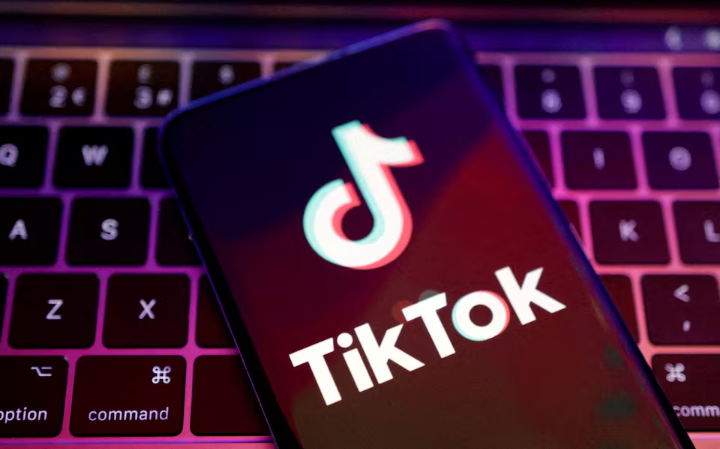Washington, March 26 – U.S. President Donald Trump has signaled his willingness to reduce tariffs on China to facilitate the sale of TikTok’s U.S. operations, a move that could determine the app’s future in the country.
ByteDance, the Chinese parent company of TikTok, faces an April 5 deadline to sell the popular short-video platform to a non-Chinese buyer or face a ban due to national security concerns. Initially, the deadline was set for January, but Trump extended it, and he now suggests further flexibility if negotiations require more time.
China’s Role in the TikTok Deal
One of the biggest challenges in securing a deal is obtaining approval from the Chinese government. Beijing has historically resisted efforts to force ByteDance to sell its prized asset, which is valued at tens of billions of dollars. Trump acknowledged China’s critical role in the process, stating, “Maybe I’ll give them a little reduction in tariffs or something to get it done.”
China’s Commerce Ministry has reiterated that it remains open to discussions with the U.S. but insists negotiations must be conducted on the basis of mutual respect and benefit.
Why This Deal Matters to Trump
Trump’s comments indicate that resolving the TikTok ownership issue is a priority for his administration. The president has already imposed a 20% tariff increase on all Chinese imports this year, but he now appears willing to adjust those tariffs as a bargaining tool to ensure the deal goes through.
The White House has taken an unusually active role in overseeing negotiations, with officials playing a role similar to investment bankers. Reports suggest that existing U.S. investors in ByteDance may increase their stakes to acquire TikTok’s U.S. operations.
A Political and Economic Chess Game
The TikTok saga has become a political and economic battleground. Lawmakers in Washington argue that the app’s Chinese ownership poses a national security risk, as it could potentially allow the Chinese government to collect data on U.S. users and influence American audiences.
In response to these concerns, bipartisan legislation was passed, requiring ByteDance to divest TikTok or face a ban. The platform briefly went offline in January when the U.S. Supreme Court upheld the ban, but Trump’s executive order delaying enforcement allowed TikTok to resume operations.
What Happens Next?

Vice President JD Vance has expressed confidence that a resolution will be reached by the April 5 deadline. However, if negotiations are still ongoing, Trump has the authority to further extend the deadline.
Given China’s resistance to forced divestment and TikTok’s immense value, the coming weeks will be crucial in determining whether the app remains available to 170 million U.S. users.
While some free speech advocates argue that banning TikTok would violate First Amendment rights, Trump appears determined to find a solution that satisfies national security concerns without completely shutting down the app.



